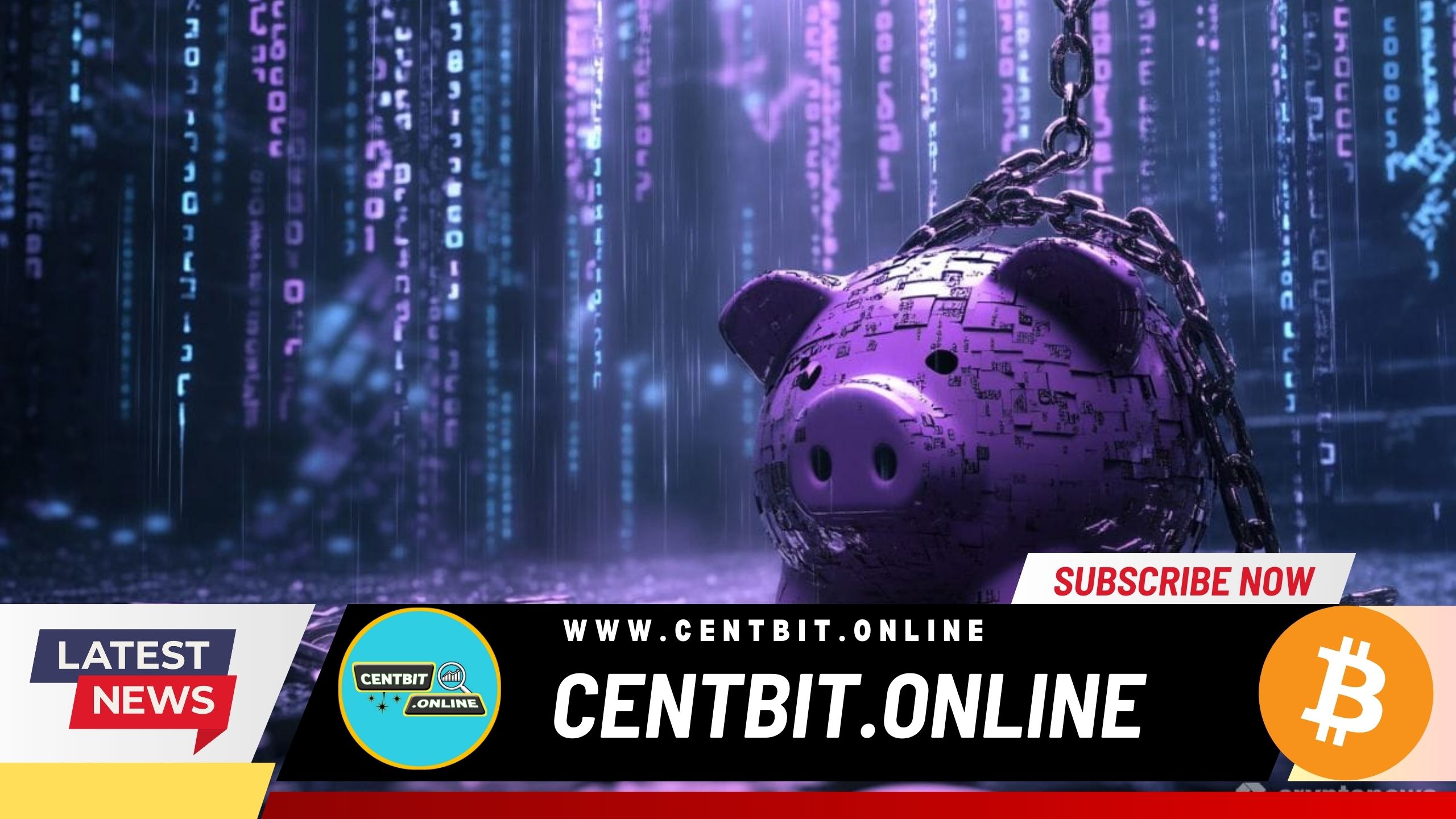The California Department of Financial Protection and Innovation (DFPI) permanently revoked BlockFi’s lending license on November 7, marking a significant regulatory action two years after the crypto lender filed for bankruptcy. This decision follows DFPI investigations revealing multiple violations of the California Financing Law (CFL) and unsafe lending practices.
BlockFi’s License Revocation in California
BlockFi initially faced a license suspension in 2022 when DFPI investigations uncovered regulatory non-compliance and significant financial law breaches. Further examination revealed serious concerns: BlockFi’s failure to assess borrowers’ repayment capacity adequately and charging interest before fund disbursement.
Under a settlement with DFPI, BlockFi agreed to surrender its license and stop its unsafe lending practices in California. Although BlockFi was fined $175,000, DFPI waived the payment to prioritize customer repayments due to BlockFi’s bankruptcy.
The revocation signals DFPI’s commitment to enforcing compliance in financial services, aiming to protect consumers from non-compliant practices in the fast-growing crypto lending sector. The DFPI also found that BlockFi failed to offer essential credit counseling and neglected to report borrower repayment data to credit bureaus, potentially impacting customers’ credit scores and future borrowing abilities.
DFPI Commissioner Clothilde Hewlett commented, “While we encourage innovation in our financial marketplace, companies must comply with laws and protect consumers to continue operating in California.” This reflects the DFPI’s stance on safeguarding consumers in the evolving crypto finance space.
BlockFi’s Bankruptcy and Impact of FTX Collapse
BlockFi’s financial challenges trace back to its substantial exposure to the FTX collapse in late 2022. The lender had extended a $400 million credit line to FTX US and held significant loans from FTX. The FTX fallout destabilized BlockFi, leading to its bankruptcy, with the company owing over $10 billion to more than 100,000 creditors at the time of its collapse.
After halting platform operations in May 2024, BlockFi began distributing crypto assets via Coinbase in July to meet its commitment to creditors. These efforts highlight the company’s focus on repaying creditors, despite ceasing regular operations.
California’s decisive revocation of BlockFi’s license underscores DFPI’s dedication to regulating emerging financial technologies and protecting consumers from risks tied to non-compliant crypto lending practices. The BlockFi case serves as a reminder of the need for borrower assessment standards, transparency, and customer support within the cryptocurrency industry.
For expert insights on blockchain and cryptocurrency developments, visit CentBit.Online, Bangladesh’s trusted resource for the latest in crypto finance.



